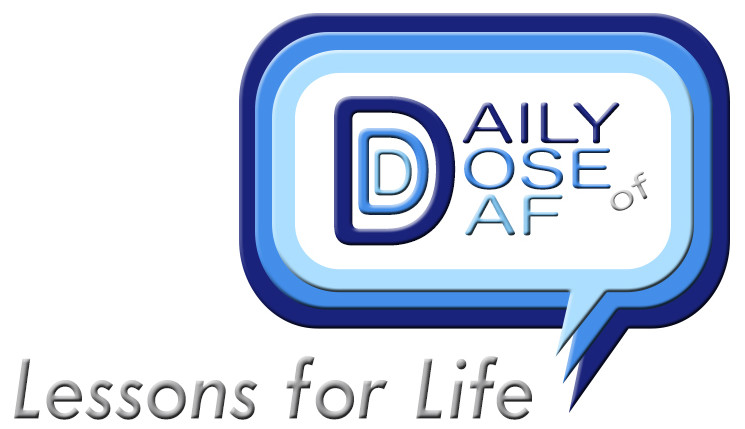Parshas SHOFTIM ~WHO’S JUDGING? ~ {By: Tani Guterman}
Parshas SHOFTIM
~ WHO’S JUDGING? ~
{Tani’s Torah Tidbits} T2M2: But For The ONE
Sources from chabad
DEUTERONOMY – Perek 16, Pasuk 18
שֹֽׁפְטִ֣ים וְשֹֽׁטְרִ֗ים תִּתֶּן־לְךָ֙ בְּכָל־שְׁעָרֶ֔יךָ
Judges and officers you shall place at all your city gates . . .
Why do we need judges at all our gates? And why isn’t just one judge good enough?
Ethics of Our Fathers [4:8]: Do not judge alone, for no one can judge alone but the One.
Talmud, Sanhedrin [2a–b]: Monetary matters are decided by a court of three judges . . . capital crimes by a tribunal of twenty-three judges. . . . From where is this derived? For it is written (Numbers 35:24–25): “The community shall judge . . . and the community shall save”—we need a community of judges arguing to convict the accused, and a community of judges arguing to exonerate him. Thus we have twenty (a “community” indicating a minimum of 10, as per Numbers 14:27). A conviction requires a majority of two (as per Exodus 23:2), and a court of law cannot have an even number of judges; thus we need twenty-three judges (22 so that there should be a majority of 2 over the 10 “saving” judges, and another judge so that the court should not be even-numbered).
Under Torah law, capital crimes are tried by a tribunal of 23 judges called a “Minor Sanhedrin.” After hearing the testimony of the witnesses, the judges themselves would split into two groups: those inclined to argue for the acquittal of the accused would serve as his “defense team” and seek to convince their colleagues of his innocence; those inclined to convict would make the case for his guilt. Then the judges would vote. A majority of one was sufficient to exonerate, while a majority of two was necessary to convict.
But what if all twenty-three judges form an initial opinion of guilt? What if the evidence is so compelling and the crime so heinous that not a single member of the tribunal chooses to argue in favor of the accused? In such a case, says Torah law, the accused cannot be convicted, and must be exonerated by the court.
The Lubavitcher Rebbe explains the rationale behind this law as follows: No man is so utterly evil that there is nothing to be said in his defense. There is always some explanation, some justification, some perspective from which the underlying goodness of his soul can be glimpsed. This does not mean that he is going to be found innocent, in the legal sense, by a court of law: at times the “mitigating circumstances” result in a verdict of acquittal; at times they do not. But if not a single member of the court perceives the “innocent side” of the person standing accused before them, this a court that obviously has very little understanding of who he is and what he has done. Such a court has disqualified itself from passing judgment on him.
As we go through life, we should really try our best not to judge those around us. Only One is truly capable to know All and is able to judge Himself. Hashem made us, gives us life, and therefore He has more than ample reasons to hold us to standards and judge us for our actions.
However, since we must maintain order, there must be a system of law in place. Therefore, we appoint judges to take care of specific matters. But, they have to be extra cautious in their rulings and give verdicts with Torah mindsets (and not be swayed improperly). Ideally, both sides of cases should argued equally, and innocence should try to be found.
May we all realize that our ideal society should be one of peace and harmony. When we strive appropriately for Emes (truth), G-d will ensure a world unified in heart, mind, and soul with the coming of Moshiach and the building of the third Beis Hamikdash speedily in our days. Amen.
